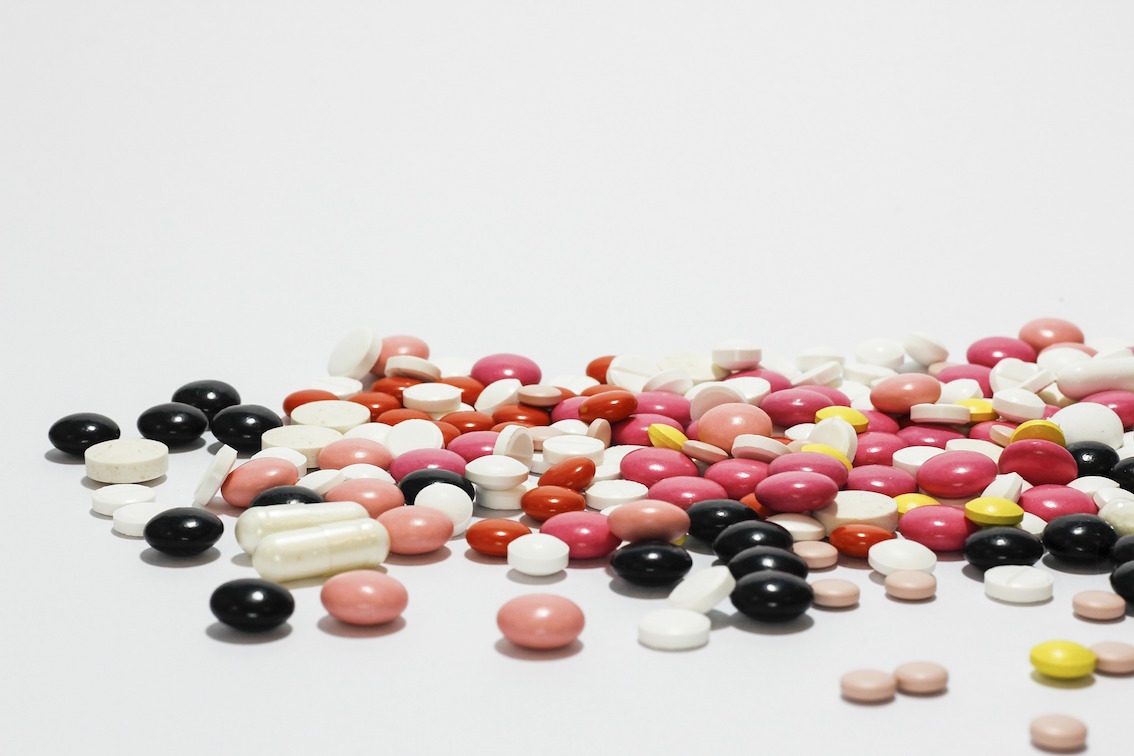Pharma players accelerate global access to effective COVID-19 treatments
November 12, 2020 | Thursday | News
18 companies join the effort by Medicines Patent Pool to accelerate global access to effective COVID-19 treatments via a pool for voluntary product licences
Image credit- shutterstock.com
With COVID-19 infections surging worldwide, a coalition of 18 companies representing a large portion of the world’s generic pharmaceutical manufacturers pledged to work together to accelerate access to hundreds of millions of doses of new interventions for low- and middle-income countries via the non-profit Medicines Patent Pool (MPP).
The companies joining the effort are connected by their past work with MPP, an organisation created in 2010 by the global health initiative Unitaid to negotiate patent licence agreements with pharmaceutical companies that are placed in a pool to make them more easily accessible for generic manufacturers.
Thus far, agreements negotiated by MPP with companies such as ViiV Healthcare, Bristol Myers Squibb and Abbvie have allowed generic producers to provide over 15 billion doses of HIV and hepatitis C medicines to low- and middle-income countries. Despite the logistical challenges of the pandemic, in the first six months of 2020 alone, MPP’s licensees have delivered three billion doses.
Combining the capacity of generic firms with patent agreements negotiated by MPP is increasingly viewed as an important addition to efforts to ensure COVID-19 interventions are available outside of the world’s wealthiest countries.
Full list of first signees of the open pledge:
- Adcock Ingram
- Arene
- Aurobindo
- Beximco
- Celltrion
- Desano
- Emcure
- Hetero
- Langhua Pharma
- Laurus Labs
- Lupin
- Macleods
- Mangalam
- Micro Labs
- Natco
- Strides Shasun
- Sun Pharma
- Zydus Cadila
Collectively the 18 companies joining the pledge have the capacity to deliver substantial amounts of conventional drugs, technically known as “small molecules” in industry parlance, and an increasing ability to produce more molecules known as biologics. Biologics include monoclonal antibodies targeting COVID-19 that have shown promise as potential ways to either treat or prevent infections—but cost and manufacturing capacity pose substantial barriers to deploying them globally.









